Special Education
California’s foster youth qualify for special education services at twice the rate of the general student population, with nearly 1 of every 5 foster youth identified as a student with a disability. East Bay Children’s Law Office’s Education Advocacy Program advocates on behalf of Alameda County foster youth receiving or in need of special education services wherever they may be placed.
FAQs
What’s the Difference Between an IEP and a 504 Plan?
Section 504 of the Rehabilitation Act is an anti-discrimination law designed to provide equal access to students with disabilities by removing barriers to their learning. A student qualifies for a 504 plan if s/he has a physical or mental impairment that substantially limits learning or another major life activity. 504 plans are enforceable through the Office of Civil Rights.
Individualized Education Plans (“IEPs”) are governed by the Individuals with Disabilities Education Act (“IDEA.”) IDEA is designed to provide specialized instruction and related services to meet the unique educational needs of students with disabilities. A student qualifies for an IEP if s/he has a disability falling into one of 13 specified eligibility categories and requires specialized instruction or services to benefit from her/his education. Disputes regarding eligibility and services under an IEP are typically resolved via Due Process procedures. Complaints regarding non-compliance with IDEA can also be filed with California’s Department of Education.
Click here for a resource about the relationship between IEPs and 504s.
How Do I Request an IEP Assessment?
Anyone, including social workers, probation officers, and other service providers, can request an initial assessment for a student. The request must be in writing and should be dated.
Once the school has a written request, they have 15 calendar days to either formulate an assessment plan for the student or produce a Prior Written Notice denying
What are Educationally Related Mental Health Services (ERMHS)?
School districts are responsible for providing educationally related mental health services to any student with a disability needing mental health services in order to benefit from their education. These services are not limited to students who receive special education services due to an emotional disturbance. These services can include counseling, parent counseling and training, psychological services, social work services, and residential placements.
Click here for more information on school mental health services and responsibilities.
Helpful Resources
Comprehensive Education Toolkit for Youth Who Are Systems Involved
This toolkit provides essential guidance for educators, social workers, and advocates to support the educational success of youth in foster care and the probation system.
Special Education Fact Sheet
This fact sheet from the California Foster Youth Education Task Force answers key questions and discusses eligibility, timelines, and procedures.
Educación Especial
The Special Education Fact Sheet resource translated in Spanish.
Additional Links
Education
EBCLO’s Education Advocacy Program works to help youth succeed in school.
School Stability
EBCLO’s Education Advocacy Program works to reduce the negative impact of school disruptions on Alameda County foster youth through enforcement of their school stability rights.
School Discipline
EBCLO’s Education Advocacy Program provides direct legal representation for our clients in school expulsion and suspension proceedings with the goal of protecting school stability and strengthening school engagement.






